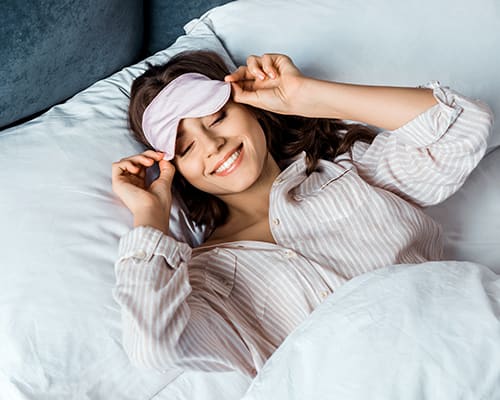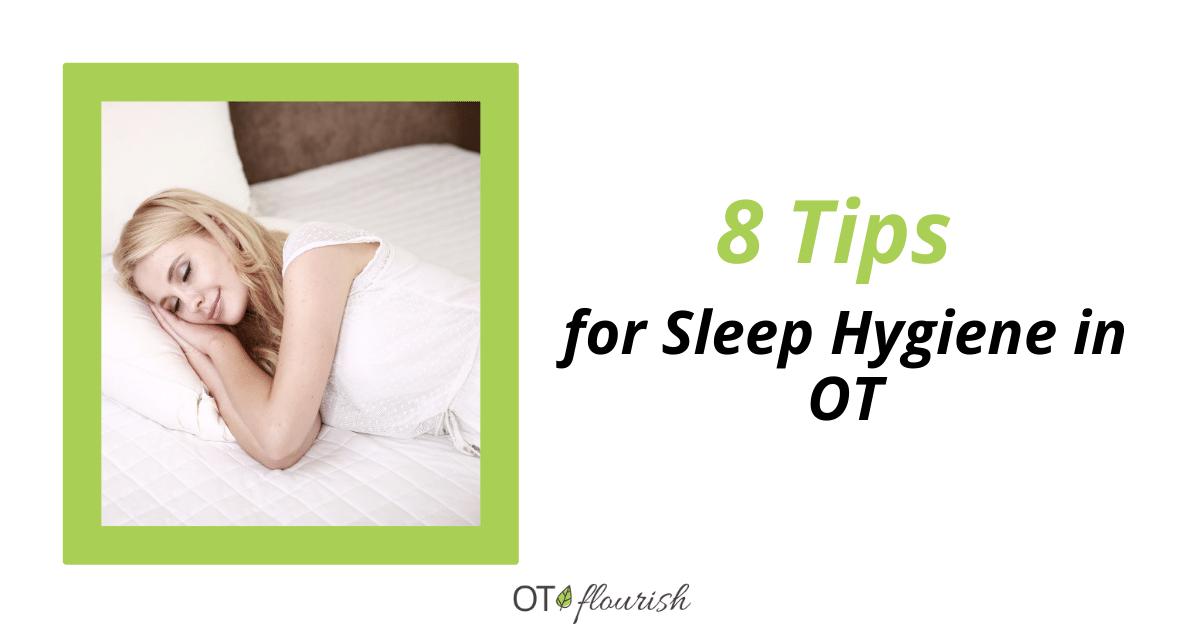Effective Treatment Solutions for Handling Sleep Disorders and Enhancing Relaxing Rest
In the world of health care, the monitoring of sleep disorders and the pursuit for restful sleep are crucial components of general health. As we navigate the complex landscape of rest conditions and look for to enhance our sleep experience, a much deeper understanding of these therapy solutions might hold the key to unlocking a more relaxing and meeting restorative trip.
Cognitive Behavior Modification for Sleep Problems (CBT-I)
Cognitive Behavior Modification for Sleeplessness (CBT-I) is an organized, evidence-based therapy method that concentrates on addressing the underlying elements adding to rest disruptions. This kind of therapy aims to customize habits and thoughts that worsen sleeplessness, inevitably advertising healthy and balanced rest patterns. CBT-I generally involves several crucial elements, consisting of cognitive therapy, sleep constraint, stimulation control, and sleep hygiene education.
Cognitive therapy helps people determine and transform unfavorable thought patterns and ideas about rest that may be preventing their ability to drop or remain asleep. Sleep limitation includes limiting the amount of time spent in bed to match the individual's actual rest period, therefore enhancing rest performance (sleep deprivation help). Stimulus control techniques help establish a strong association in between the bed and sleep by urging people to visit bed just when drowsy and to prevent taking part in boosting activities in bed
Moreover, sleep health education concentrates on creating healthy sleep habits, such as keeping a consistent rest schedule, creating a relaxing going to bed routine, and enhancing the rest atmosphere. By dealing with these factors adequately, CBT-I supplies an efficient non-pharmacological treatment for managing sleeping disorders and improving total rest top quality.
Rest Hygiene Practices
Having developed the structure of cognitive restructuring and behavior alterations in attending to sleep problems via Cognitive Behavioral Therapy for Sleep Problems (CBT-I), the focus now changes towards checking out vital Sleep Hygiene Practices for maintaining ideal sleep top quality and overall wellness.
Sleep hygiene practices include an array of routines and environmental elements that can dramatically impact one's capability to drop off to sleep and remain asleep throughout the evening. Regular sleep and wake times, creating a relaxing going to bed regimen, and optimizing the rest environment by keeping it dark, silent, and cool are essential elements of good sleep hygiene. Limiting direct exposure to screens before going to bed, staying clear of energizers like caffeine close to bedtime, and participating in routine physical task throughout the day can also promote much better rest top quality.
In addition, exercising relaxation techniques such as deep breathing workouts or reflection before bed can help soothe the mind and prepare the body for sleep. By incorporating these sleep hygiene practices right into one's day-to-day routine, individuals can establish a healthy and balanced rest pattern that supports relaxing rest and total health.
Relaxation Techniques and Mindfulness
Implementing relaxation techniques and mindfulness practices can play a pivotal duty in promoting a feeling of calmness and promoting high quality rest. sleep therapy. These strategies intend to peaceful the mind, decrease anxiety, and produce official source an optimum atmosphere for relaxed rest. One commonly exercised technique is deep breathing workouts, where people concentrate on sluggish, deep breaths to relax the mind and body. Dynamic muscular tissue relaxation includes tensing and afterwards releasing each muscular tissue group, advertising physical relaxation. In addition, assisted images can assist carry people to a tranquil place in their minds, aiding in anxiety reduction and enhancing rest quality.
Mindfulness methods, such as meditation and yoga, are additionally reliable in advertising leisure and enhancing rest. Mindfulness motivates people to remain present in the moment, letting go of stress over the past or future. By including these techniques right into a going to bed routine, individuals can signal to their bodies that it is time to relax and prepare for rest. Generally, integrating relaxation methods and mindfulness methods can significantly add to managing sleep conditions and improving general sleep high quality.

Medication Options for Rest Disorders
After exploring relaxation techniques and mindfulness techniques as non-pharmacological interventions for enhancing sleep high quality, it is important to think about medicine choices for people with rest disorders. In cases where way of life modifications and treatment do not provide sufficient relief, medicine can be a valuable device in managing sleep disturbances.
Generally recommended medications for rest conditions include benzodiazepines, non-benzodiazepine hypnotics, antidepressants, and melatonin receptor agonists. Antidepressants, such as trazodone, can be helpful for individuals with co-occurring clinical depression and sleep disruptions - sleep disorder treatment.
It is essential for people to speak with a doctor to identify the most proper medicine alternative based upon their certain sleep problem and medical background.
Light Treatment for Circadian Rhythm Law
Light therapy, also called photo-therapy, is a non-invasive therapy technique used to regulate circadian rhythms and boost sleep-wake cycles. This therapy involves direct exposure to brilliant light that mimics natural sunshine, which helps to reset the body's inner clock. By exposing individuals to certain wavelengths of light, typically in the early morning Continue or night depending upon the preferred result, light therapy can successfully readjust the body clock to promote wakefulness throughout the day and improve relaxed sleep at evening.
Study has shown that light treatment can be specifically advantageous for individuals with body clock conditions, such as postponed rest stage syndrome or jet lag. It can additionally be valuable for those experiencing seasonal affective problem (SAD), a sort of clinical depression that generally takes place throughout the wintertime months when all-natural light direct exposure is minimized. Light treatment is generally well-tolerated and can be utilized combined with various other therapy methods for rest problems to maximize end results and boost total rest high quality.
Final Thought
In final thought, reliable therapy remedies for managing rest problems and improving restful sleep include Cognitive Behavior modification for Sleeplessness (CBT-I), rest hygiene techniques, leisure methods and mindfulness, medicine choices, and light therapy for circadian rhythm regulation. These approaches can read this aid people boost their rest top quality and total wellness. It is crucial to speak with a doctor to figure out the most ideal method for addressing rest issues.
As we browse the detailed landscape of rest disorders and look for to improve our sleep experience, a deeper understanding of these treatment services might hold the key to unlocking a much more refreshing and meeting corrective trip.
Sleep constraint includes restricting the amount of time invested in bed to match the individual's real sleep duration, consequently enhancing rest effectiveness. Constant rest and wake times, producing a relaxing bedtime regimen, and enhancing the rest atmosphere by maintaining it dark, peaceful, and cool are critical components of excellent rest health. Light therapy is normally well-tolerated and can be used in conjunction with other treatment methods for sleep conditions to enhance outcomes and boost overall sleep quality.
